Sounds like a great premiere.
More ideas would be welcome.
Sounds like a great premiere.
More ideas would be welcome.
TAS has lots of feliniods (Caitians & Kzinti) & even some lemurians. But Spock wasn’t one.
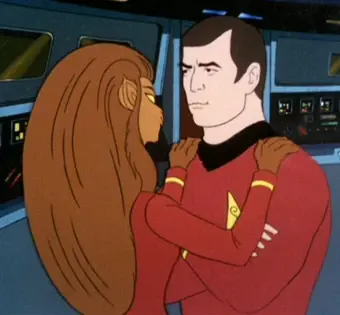
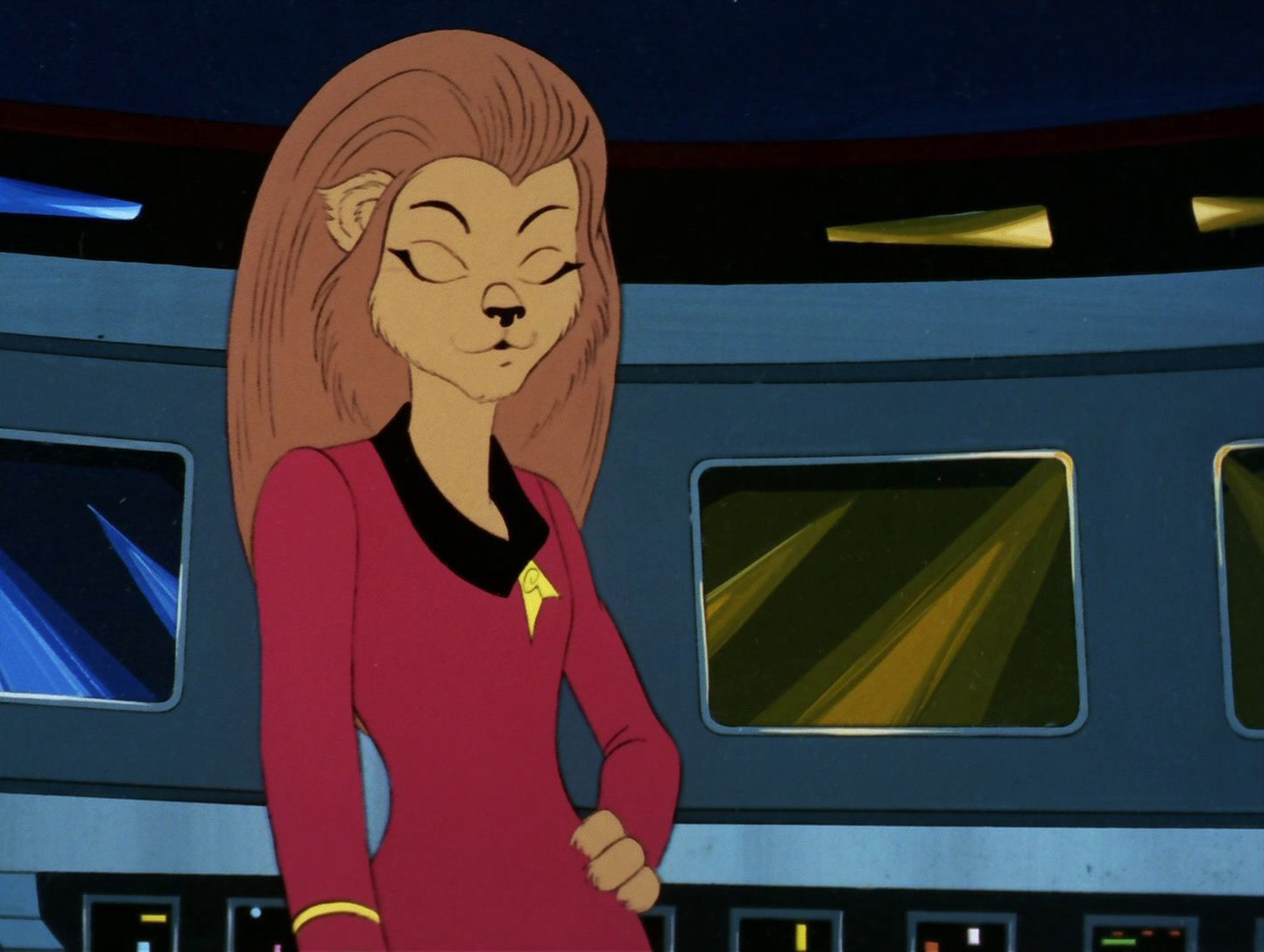
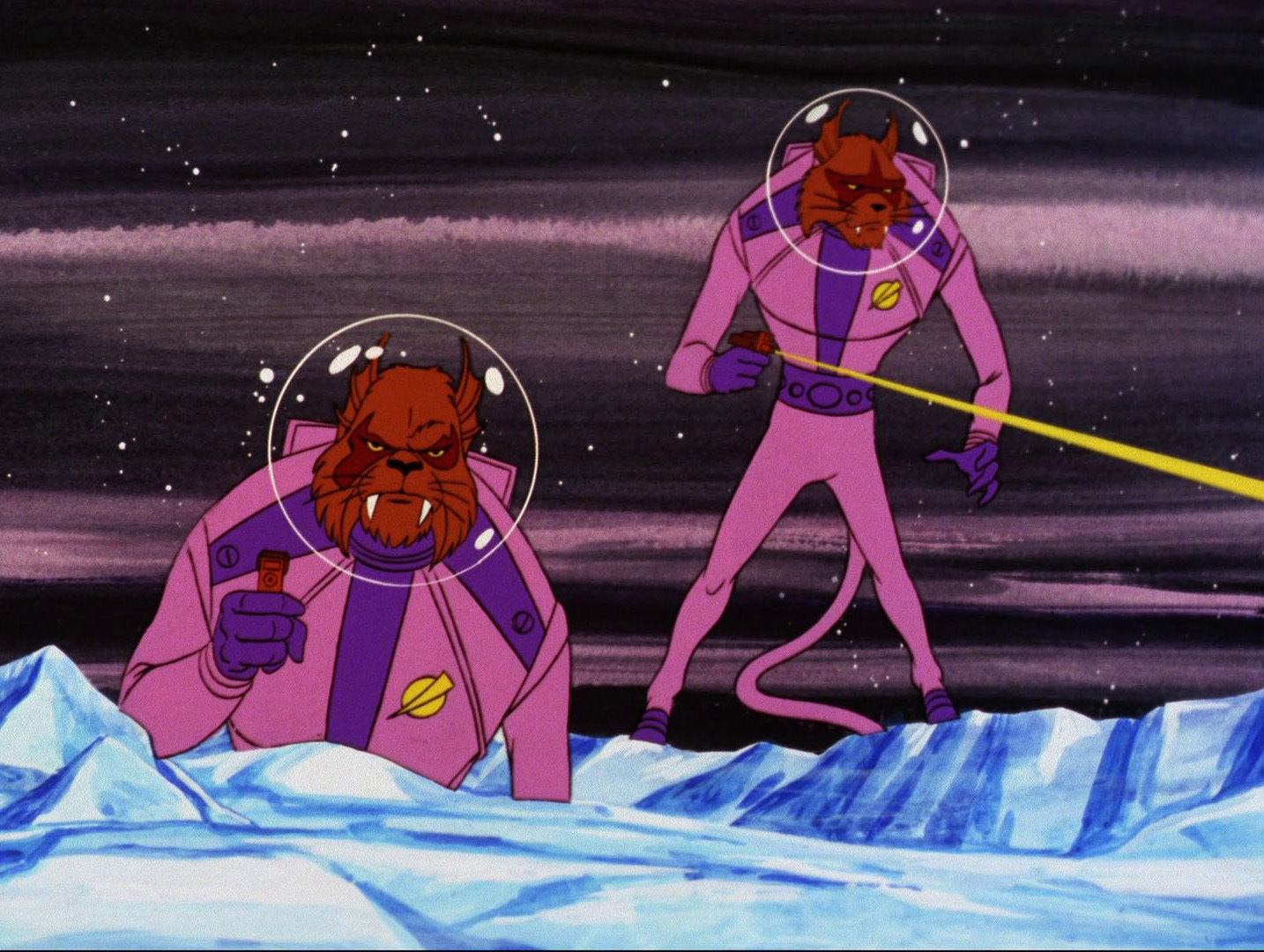
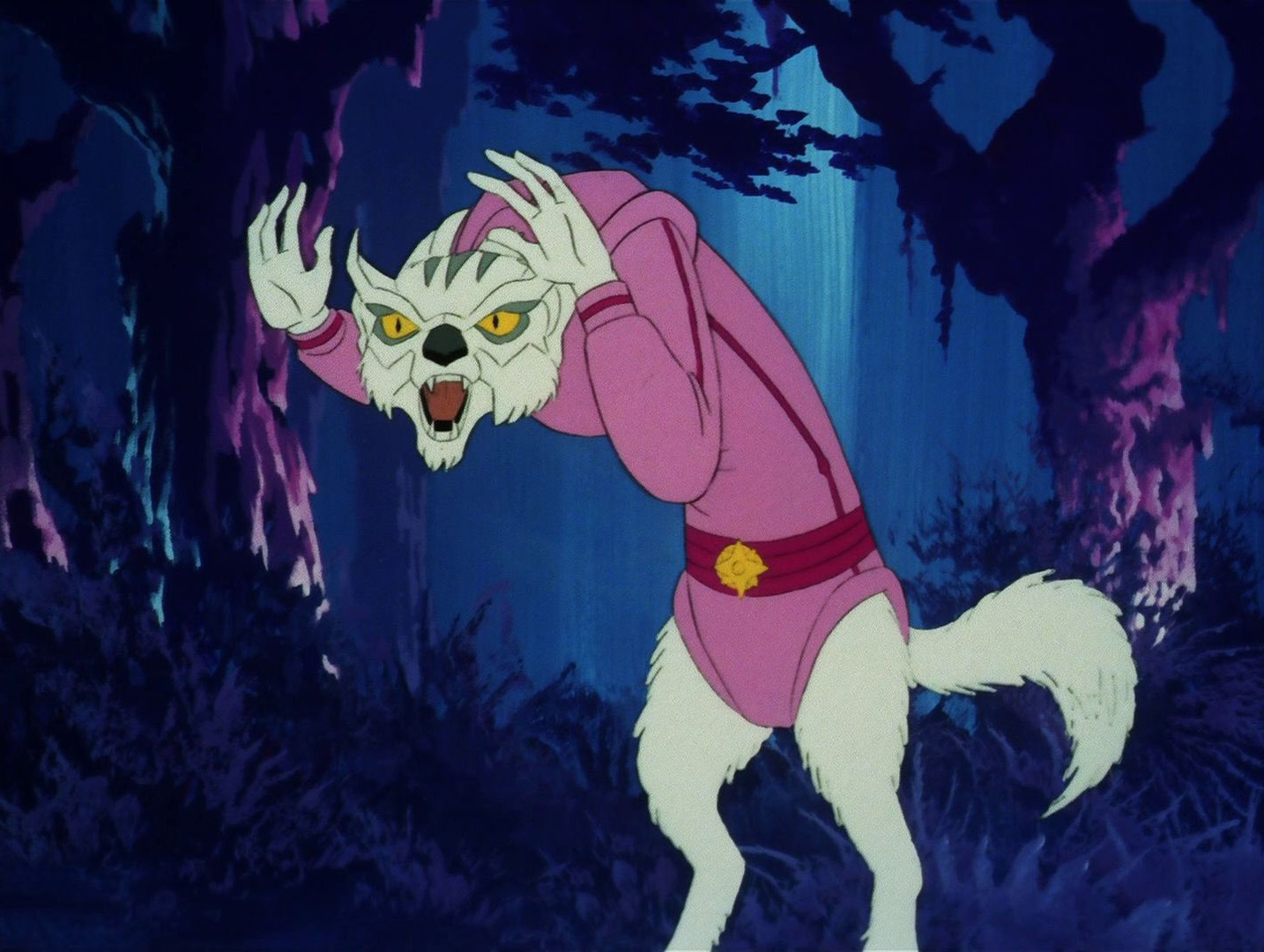
We don’t know what be developed or not for the 25th century, but getting a new show developed and greenlit by Paramount is a long haul, and if they don’t like the initial draft pilots, they’ll keep at it.
Starfleet Academy has been in development as a show since at least 2018, with several changes of leadership in the team of creators. The original idea goes back decades to Harve Bennett. It’s finally got through the maze, let’s cheer that.
So, even if the senior executives are open and enthusiastic about an Enterprise G show:
don’t expect a formal greenlight announcement in less than a year after Picard S3’s finale (which is how long it took for SNW) and then another year to 18 months for production and post;
don’t assume that there won’t be major reworkings and/or changes in prospective showrunners from initial indications (as there was with Michelle Yeoh’s S31 which also changed showrunners),
Here’s some positive points towards Starfleet Academy
most fans were super sceptical about both Lower Decks & Prodigy but they are both well loved across generations;
“reopening the Academy after a hundred years” strongly implies this is in the 32nd century, post Burn, with a cast of largely new characters. Yes, we may see Tilly, some of the Discovery officers or (hopefully) David Cronenberg back as the mysterious Kovich, but that won’t be the principal cast of cadets;
the EP and coshowrunner Noga Landau was a senior writer with Henry Alfonso Myers on The Magicians. Yes, she took over running Nancy Drew for CBS Studios for the CW, but that was better rated when she did, and better than the usual CW teen targeted shows.
the other creator, and writer of the greenlit pilot was the head writer of the thriller Absentia (which has good ratings)
Tawny Newsome is a writer in the writers room.
So new time period, new characters, new team that has done good work for the target demographic. I’m hopeful.
There’s a scene in one TNG episode (before Miles & Keiko’s wedding?) in which Worf is at a console display scanning through option to replicate for a gift. It stuck with me.
So said Production Designer Tamara Deverell when she got samples from the original set from the Ticonderoga Set Tour in NY to colour match for that set in Discovery season two. She’s written about how that red is really orange.
Space-themed media saturation? It’s an entire genre.
While not of the same quality as MGM’s 1950s landmark ‘Forbidden Planet’, ‘Atlantis’ was a spectacular film, and influenced a lot of 1960s science fiction, including some of the ‘gods in space’ in Star Trek TOS. Some of the set designs seem resonant too. Worth tracking down and watching.
Here are a few more images.
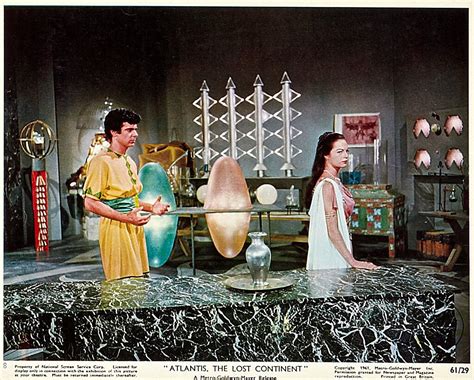
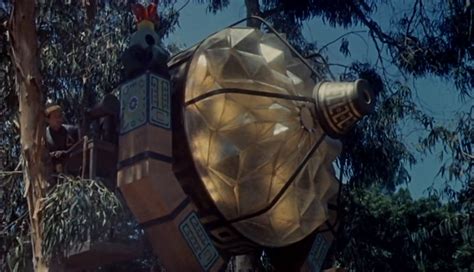
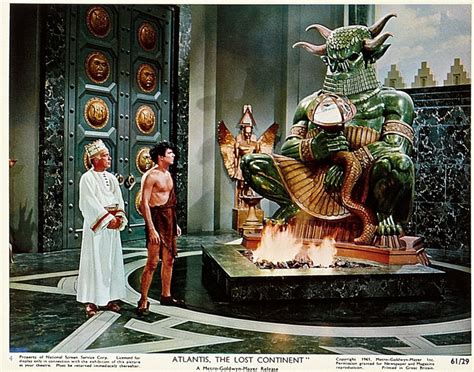

‘Pig-guy’ isn’t wrong unfortunately. As a young kid who saw this in first run, I recognized the prosthetic makeup of the Tellarites in TOS Journey to Babel as a rehash from the 1961 feature film ‘Atlantis, the lost continent.’
In the movie, a prisoner has his head changed into a pig-face. He eventually gets horns too.
Here’s the only production photo I can find of the scene.
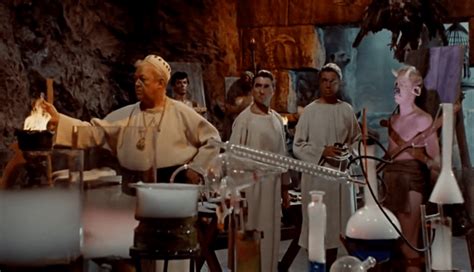
Roddenberry seemed to like to lift a lot from MGM science fiction movies since they were high production value for the era. The movie was the kind of idea that would appeal to Roddenberry, a primitive but heroic fisherman is accidentally brought to the technologically advanced, godlike but immoral Atlantean society.
Uhm, I liked the Discovery and Short Treks version of Tellarites better. Much better.
Don’t like that SNW is reverting somewhat.
Not everyone in 1965 had a nice new big television, let alone a colour one.
Here’s a top of the line RCA model from 1954…
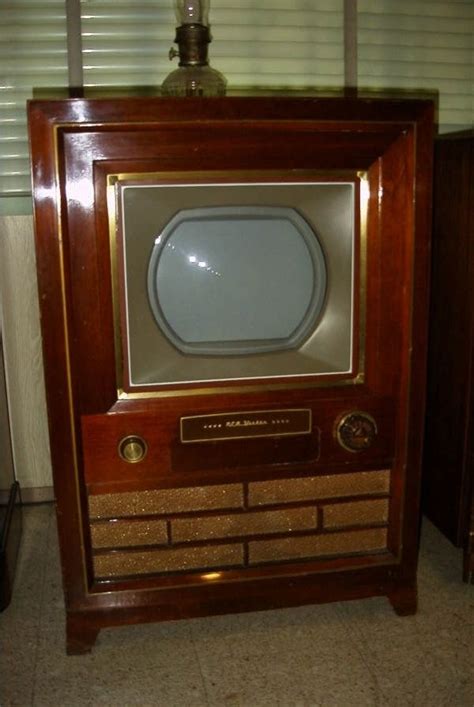
Those of us who can remember the UseNet, AOL and BBS rants against LaForge, Sisko & Janeway can vouch that it was no less toxic in the late 1980s and 90s. It was just less of a mass conversation.
Take my upvote. It’s an appalling thought.
Great thanks. Working on the premiere now.
But I also need to sleep and work. Which means it will appear sometime tomorrow.